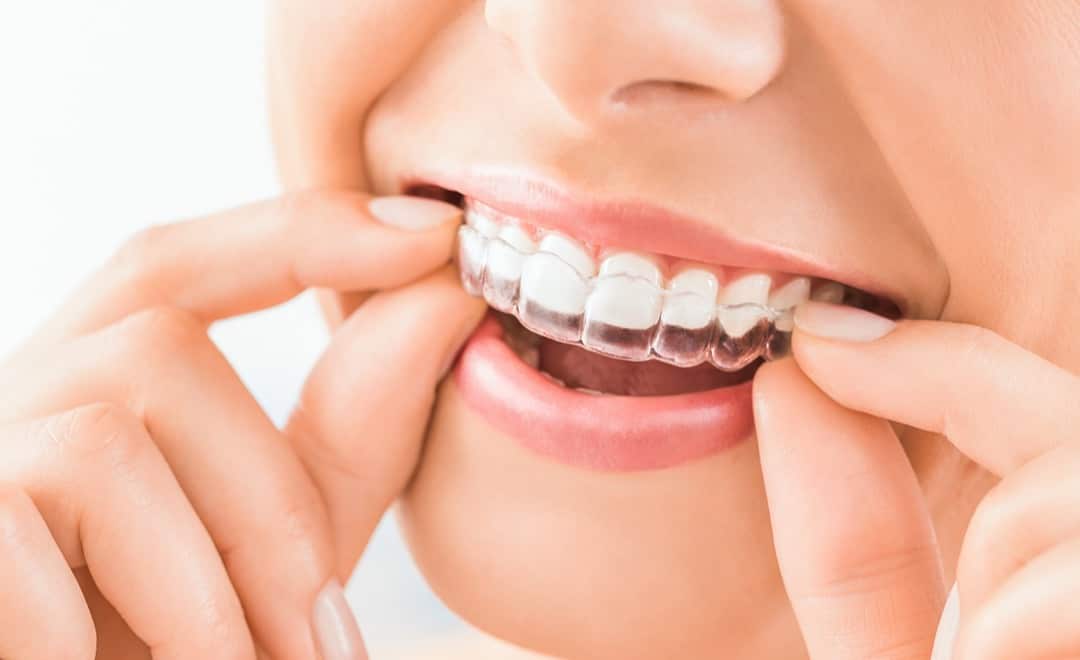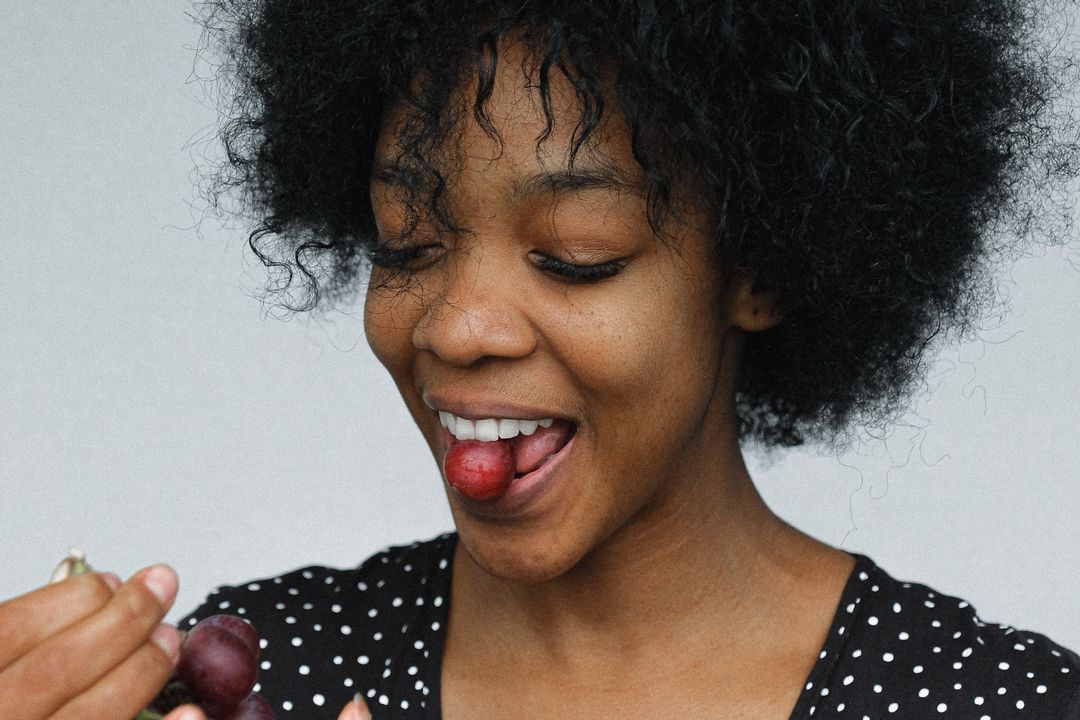You’ve probably heard your dentist or orthodontist talk about your bite — especially if you have a “bad” bite. Dr. Chad Carver, DMD, is dedicated to keeping patients informed and educated about their oral health at Stellar Family Orthodontics in Mukilteo and Mill Creek, Washington. That’s why he takes the time to explain to patients exactly what a bad bite is and how it can affect your overall dental health and comfort.
When Dr. Carver mentions your bite, he’s referring to the way your teeth fit together. In theory, your upper and lower jaws should work in perfect harmony. Teeth that fit well together help you chew, speak, and rest your jaw comfortably. Much like the rest of your body, misaligned teeth can significantly impact your overall comfort and health.
In this article, we’re going to explain exactly why having a good bite matters and what can happen when yours is out of alignment.
Why does a good bite matter?
Maintaining a good point doesn’t just give you brownie points from your orthodontist and dentist. A good bite also has many benefits to your overall health, including:
Reduced jaw pain
On each side of your jaw is a hinge-like joint called the temporomandibular joint. These joints help control your ability to chew, laugh, smile, and open your mouth comfortably. When these joints — or the muscles surrounding them — are damaged or strained, you can experience chronic jaw pain.
In some cases, a bad bite can cause jaw pain. When you have misaligned teeth, they can disrupt the balance between your jaws and teeth. Your jaw and jaw muscles compensate for that imbalance by taking on extra pressure. For some patients, this can cause jaw pain, headaches, fatigue, and even neck pain.
Damage prevention
Too much force on your teeth can put extra pressure on certain teeth in your mouth. If a misaligned bite presses down on a weak or crooked tooth, it can lead to tooth erosion. Over time, this erosion can weaken your tooth and make it more vulnerable to tooth cracks, chips, and pain.
How do I know if I have a good bite?
The only way to truly know if you have a good bite is by visiting Stellar Family Orthodontics for a comprehensive orthodontic exam. During this assessment, Dr. Carver and his team evaluate your bite through a visual exam and digital X-rays.
However, there are a few telltale signs that your bite is in good shape, including:
You have no jaw pain.
Jaw pain is a good indicator that your jaw incurs too much pressure. This indicates a misaligned bite, which requires treatment. If you have no jaw pain, even after chewing or speaking, that means your temporomandibular joints and surrounding muscles can do their jobs without complication.
You have no tongue sores.
Believe it or not, tongue sores are a strong sign that your teeth aren’t aligned. A bad bite can cause your tongue to get caught in sharp crevices, which leads to cuts and sores. If your tongue feels fine and looks sore-free, your teeth may be decently aligned.
Your teeth look symmetrical.
While having straight-looking teeth isn’t always a sign that your bite is good, it is a positive clue. Straight teeth give your bite balance, so there isn’t too much pressure in any one spot. This decreases your chances of jaw pain, tooth erosion, cracked teeth, and more.
The best way to tell whether you have a healthy bite is to schedule an orthodontic exam. Call Stellar Family Orthodontics or request a free consultation online to learn more!




